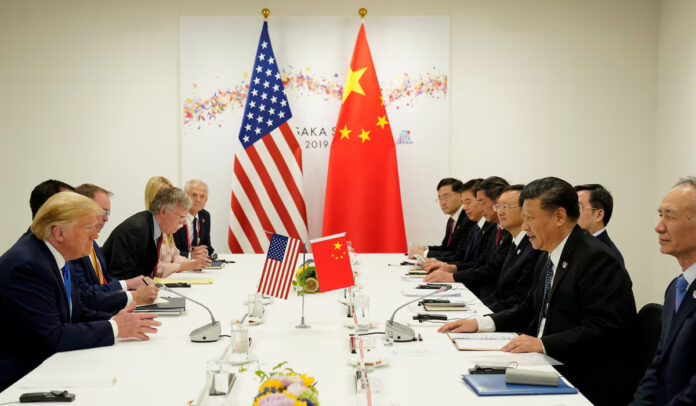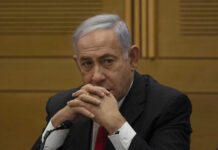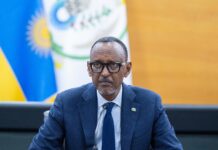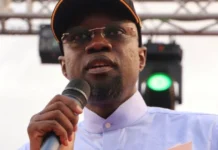
U.S. President Donald Trump remains on track to meet Chinese leader Xi Jinping in South Korea later this month as Washington and Beijing work to ease renewed trade frictions, Treasury Secretary Scott Bessent said on Monday.
The two leaders are expected to hold talks during the Asia-Pacific Economic Cooperation (APEC) summit hosted by South Korea in late October.
The planned meeting comes amid a sharp downturn in U.S.-China relations following Beijing’s announcement last week that it would significantly expand export controls on rare earth materials, key inputs for advanced technologies and defense industries.
Trump responded on Friday by threatening 100% tariffs on Chinese goods, triggering a sharp sell-off in global markets before a partial rebound on Monday.
“We have substantially de-escalated,” Bessent said in an interview with Fox Business Network. “President Trump said the tariffs would not go into effect until November 1. He will be meeting with Party Chair Xi in Korea, and I believe that meeting will still be on.”
According to Bessent, the U.S. and China held “substantial communications” over the weekend, and additional working-level meetings are scheduled this week in Washington on the sidelines of the World Bank and International Monetary Fund annual gatherings.
“The 100% tariff does not have to happen,” he said. “The relationship, despite this announcement last week, is good. Lines of communication have reopened, so we’ll see where it goes.”
China’s Commerce Ministry confirmed on Tuesday that it had informed the U.S. in advance of its plan to tighten rare earth controls, saying both sides remain in dialogue.
However, it warned that “the U.S. cannot ask for talks while simultaneously threatening new restrictive measures.”
Beijing’s latest export regulations require foreign companies to obtain Chinese licenses if their final products contain rare earths or magnets made with Chinese materials or equipment, even if no Chinese firms are directly involved.
China, which dominates global rare earth production, defended the move as a legitimate step to safeguard its national interests.
On Sunday, it accused Washington of hypocrisy, saying Trump’s threatened tariffs were “provocative and unjustified.”
Bessent acknowledged that the U.S. had responded “aggressively” but said Washington was coordinating closely with allies, including European nations, India, and Asian democracies, to maintain a united front.
“China is a command-and-control economy,” he said. “They are neither going to command nor control us.”
The Treasury Secretary’s remarks helped calm investor nerves, with Asian stocks making a modest rebound on Tuesday after Wall Street’s major indexes closed more than 2% higher on Monday.
While both sides continue to trade warnings, officials in Washington and Beijing insist that communication channels remain open, a crucial sign of restraint as the world’s two largest economies prepare for what could be a pivotal Trump–Xi summit in South Korea.
Source: Reuters
Written By Rodney Mbua


















